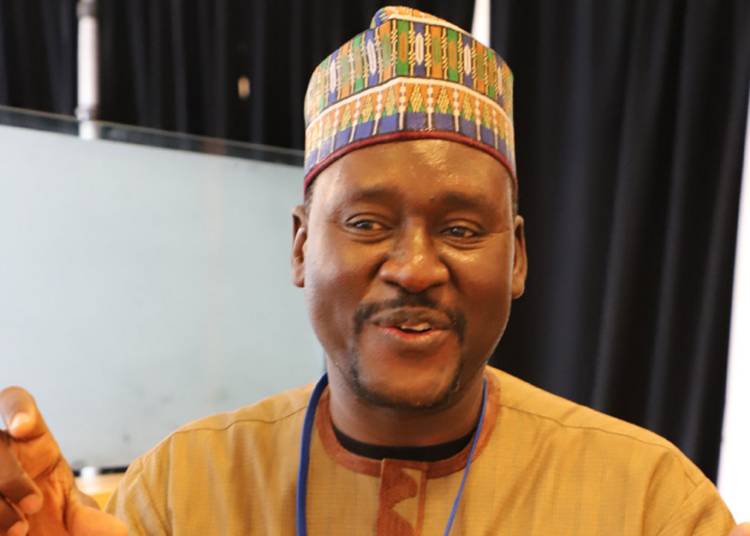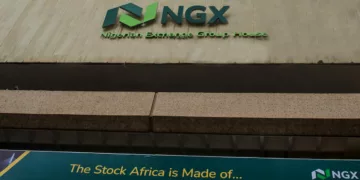The Civil Society Legislative Advocacy Centre/ Transparency International Nigeria (CISLAC/TI-Nigeria), has called on the incoming administration of the President-elect, Bola Ahmed Tinubu to implement reforms to deepen economic and export diversification, focusing on manufacturing and improving the business climate and macroeconomic stability.
The organisation reiterated the need to strengthen ease of doing business and block leakages for corruption.
Executive director of CISLAC, Auwal Ibrahim Musa (Rafsanjani), stated this yesterday during a media interactive session at the ongoing spring meeting of the World bank and the International Monetary Fund (IMF) in Washington DC, USA.
Rafsanjani in a press release made available to journalists, noted that the incoming government needs to sustain strategic policies with the potential of driving economic growth and development.
Deliberate efforts, he said, must be made to avert placement of priorities, reverse some of the current policies, sustain and effectively implement new ones.
To encourage long-term development, he noted that the government should also ensure that borrowing is done on conditions that are consistent with entrenching debt sustainability and that borrowed funds are wisely invested in the economy’s value-added sectors.
Speaking on tax, Rafsanjani called for a need for Nigeria to operate an efficient tax administration that would ensure greater compliance to remittances devoid of all forms of evasions in the system to tackle revenue challenges.
He noted that the incoming government should prioritise engagement and enlightenment of taxpayers to educate them on their obligations; adoption of special tax drives and campaigns; aggressive anti-corruption policies and implementation; creating incentives to increase exports.
While calling on the incoming government to also reduce reliance on borrowings from the international capital market or commercial loans, he said there is a need to strictly adhere to the provision of the law on maintaining concessional loans as this poses limited debt risk and incorporates a mechanism to work out effective restructuring and negotiate debt relief initiatives which are quite impossible with commercial creditors.











